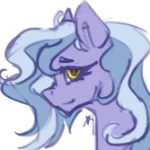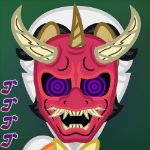ooc Equestria Forward (OOC)
-
Similar Content
-
- 0 replies
- 457 views
-
- 4 replies
- 1,079 views
-
- 2 replies
- 953 views
-
ooc OOC for "When Worlds Collide" 1 2 3 4
By Saphire Systrine,
- 96 replies
- 9,659 views
-
site event The Running of the Leaves (2024) Sign Ups! 1 2 3 4 8
By Dynamo Pad,
- ooc
- running of the leaves
- (and 1 more)
- 190 replies
- 16,112 views
-
-
Recently Browsing 0 members
- No registered users viewing this page.







Recommended Posts